Politicians of other hues joining the BJP begs the question if its ideology will be obscured. But, as history shows, there's no reason for such doubt
Apprehensions have been expressed that the BJP’s ideology will get mixed up, if not downright vitiated, by the entry of politicians brought up in alien thought processes. The probability of such confusion is very low for the simple reason that most of the new members joining the BJP happen to be Hindus. There would, therefore, be no contradiction between their own private lives and what should be projected in their public life and political expression. In contrast, if a person like me were to join, say, the Revolutionary Socialist Party (RSP) at the age of 50, for a year or two, I would not know whether I am coming or going; it would be somewhat traumatic.
I have been brought up in the belief of karma and, in the RSP, I would need to switch over and start having faith in a Permanent Revolution as preached by Leon Trotsky, Vladimir Lenin’s favourite number two until he lived. This favourite leader wanted to go on with the revolution until he had converted the whole world to communism. If I read the Das Kapital, the Bible of Marxism, I would come across the foundational tenet: From each according to his ability, to each according to his need. These words are simple but the message behind them could take an average politician some exercise in mental digestion.
A similar challenge had faced BR Ambedkar who had resolved that he would not like to die a Hindu. In that case, the question arose, which religion should he and his many followers convert to? Babasaheb adopted the thinking method of reductio ad absurdum. First, he took up Christianity and rejected it because it was of a foreign origin; it would, therefore, have a denationalising effect on his followers. Moreover, by having more Christians, Ambedkar felt that they would add to supporters of the British rulers. Islam also had a foreign origin; more Muslims could mean greater support to the creation of Pakistan. Thus reasoning, his eventual choice fell on Buddhism.
For politicians, joining the BJP is like coming home; what they should have politically believed in, and are now believing in. If they are committed to secularism, they can continue down that path. The question of Church and State being separate or otherwise does not arise in the case of the Temple. Virtually every temple can follow its own ritual of worship; how can it then influence the Government? In any case, Hinduism has never had a habit or tradition of dabbling in politics. State governance was the exclusive function of the ruler. But the fact is that since the early sun rose in the mists of time, the Indic ethos has been Hindu (or call it Sanatan or Vedic). That came through in the reasoning of Ambedkar as discussed above.
Traditionally, in the West, especially in America, the common folk identified all Indians as Hindus and then enquired whether one was a Hindu Muslim or Hindu Christian or Hindu Hindu! To them, the sound of the word “India” first rang the bell of the American Red Indian. Some Nehruvians might have been embarrassed but, most of the time, the identity of India has been Hindu. The birth of Pakistan intensified this trend.
The Hindu Mahasabha was founded in 1915, incidentally after the Muslim League was created by Lord Curzon in Dacca (now Dhaka) in 1906 after inducing Nawab Salimullah of Dacca with a loan of £1,00,000. The Bharatiya Jana Sangh came into being under the leadership of Syama Prasad Mookerjee in 1951. The Rashtriya Swayamsevak Sangh (RSS) helped him with some full-time workers. In 1977, to fight the general elections immediately after the end of the Emergency, the Jana Sangh — like several other parties — merged with a new combine called the Janata Party. In 1980, the Jana Sanghis left this party to form the Bharatiya Jana Sangh; to start with, its manifesto was based around Gandhian Socialism.
The centre point of the party’s ideology is “nation above all else”. It is the anti-thesis of the supranationalist communism. The Islamic supremacy of the ummah above the nation is similarly disapproved. Care as much as possible but even socialism is not favoured as it contradicts the faith in karma as the decisive influence in life. The Hindu view of life sees a contradiction between liberty and equality; the latter causes levelling down of liberty to achieve it. How can one control anyone’s better karma? Welfare for all, yes, but forced equality, no.
Imperialism and the exploitation of other countries are wrong. It is equivalent to robbery. Collective unity of one’s own people in order to dominate others is wrong. Instead, the Hindu blessings are with those who strive to actualise themselves and, thus, bring out the best in themselves. Killing of animals and birds is not desirable and the Jains, in particular, are sensitive to the destruction of even vegetation that is grown below the ground. The worship of the peepal tree is symbolic of the Hindu respect for ecology. Most of the ills that one sees are the result of centuries of rule by others over Hindustan.
There is not a great deal of political or ideological literature. Nevertheless, Veer Savarkar first defined Hindutva or Hinduness in a single volume. It is valuable for those who wish to study the theoretical aspects of the ideology. After that, there is a volume called The Saffron Book and, it is reported, a book called The Grammar of Hindudom is under publication. It is noteworthy that it is the only ideology which is Asia’s own, unlike all other political theories which are foreign or rather European.
Ideology is essentially a Western phenomenon, just as political science is a European preoccupation. In sharp contrast, we in India have so far to our credit only two theses on this subject: One, the famous Arthashastra written more than 2,500 years ago; and the second, published only two years ago, titled Krishna Rajya. Hindu India had only one history book, Rajatarangini, by Kashmiri scholar Kalhana, which again was many centuries ago.
On the other hand, the European political parties are guided by their ideologies, which are many; beginning with communism on the extreme Left, to what is understood as fascism on the extreme Right. Take Britain, for example; only recently, Jeremy Corbyn was an extreme socialist. Earlier, there was Aneurin Bevan, who incidentally designed and implemented Britain’s famous National Health Service. Harold Wilson, who was the Prime Minister, had the reputation of being a Leftist. Comparatively, Clement Attlee was a middle-of-the-road politician while his contemporary Hugh Gaitskell was looked upon as a liberal. Yet, all these men belonged to the Labour Party.
On the Conservative Party side, Sir Anthony Eden was a Rightist and went to war against Egypt in 1956 over the Suez Canal. Yet earlier, there was Enoch Powell who declared that “rivers of blood will flow
in England as a result of immigration”. Later, Margaret Thatcher was a Right-winger and anti-socialist. Even fascism, considered Right extremism, did not spare British politics. Sir Oswald Mosley, a son-in-law of Lord Curzon, openly admitted to being a fascist. Despite all these differences in ideology, leaders — even eminent ones — occasionally did change their parties. Winston Churchill, who was looked upon as a dire conservative, had for a few years crossed over to the Liberal Party.
(The writer is a well-known columnist and an author. The views expressed are personal.)







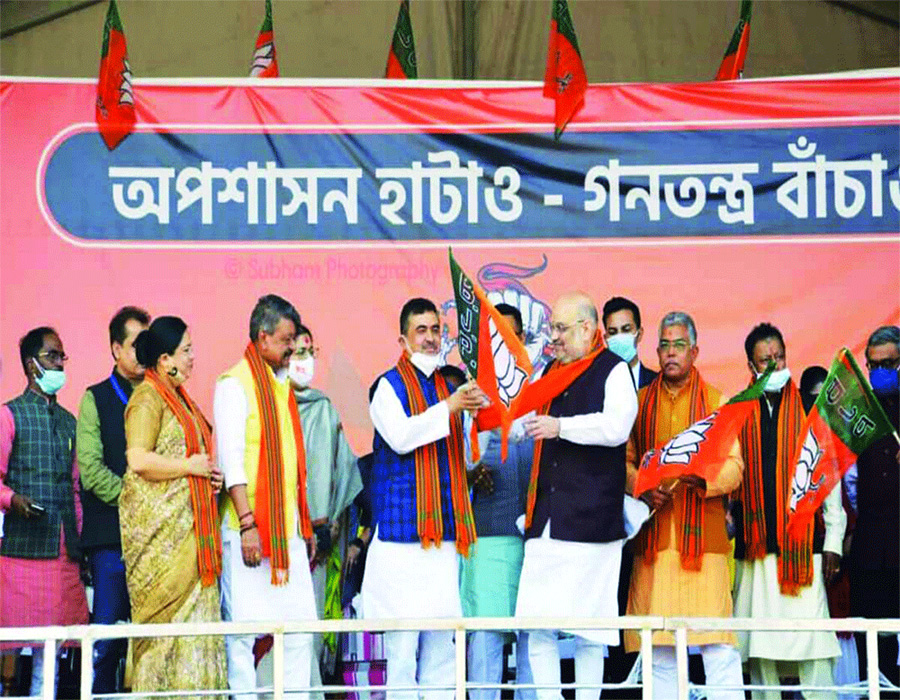
 OpinionExpress.In
OpinionExpress.In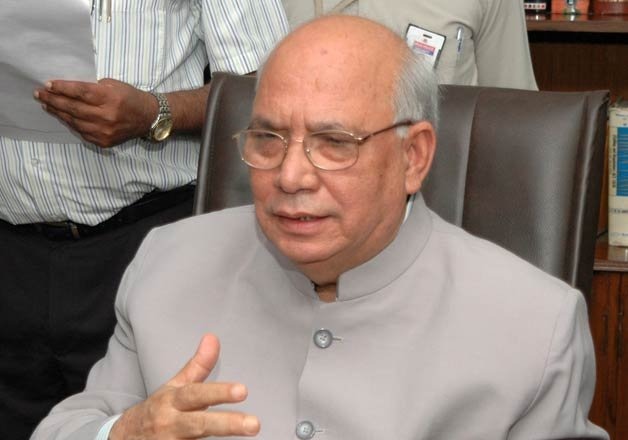
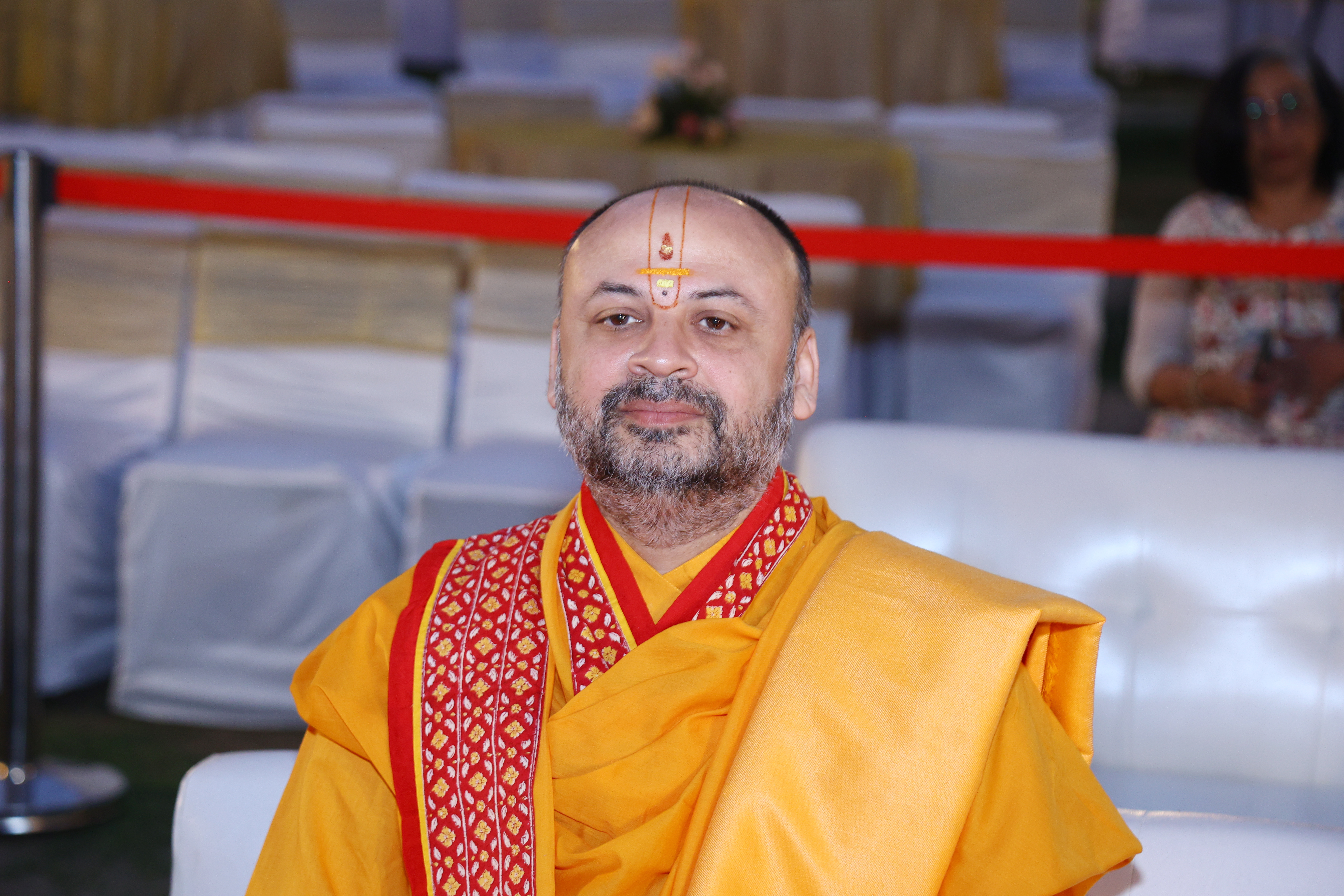

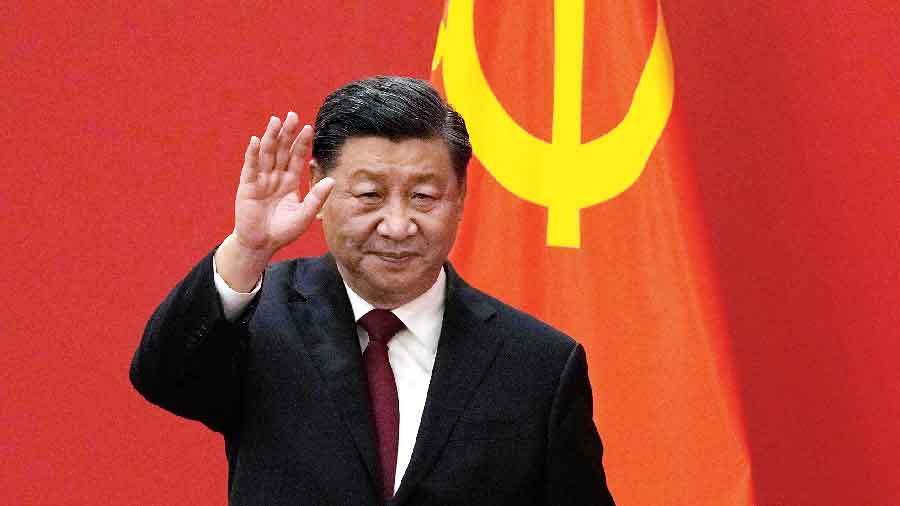


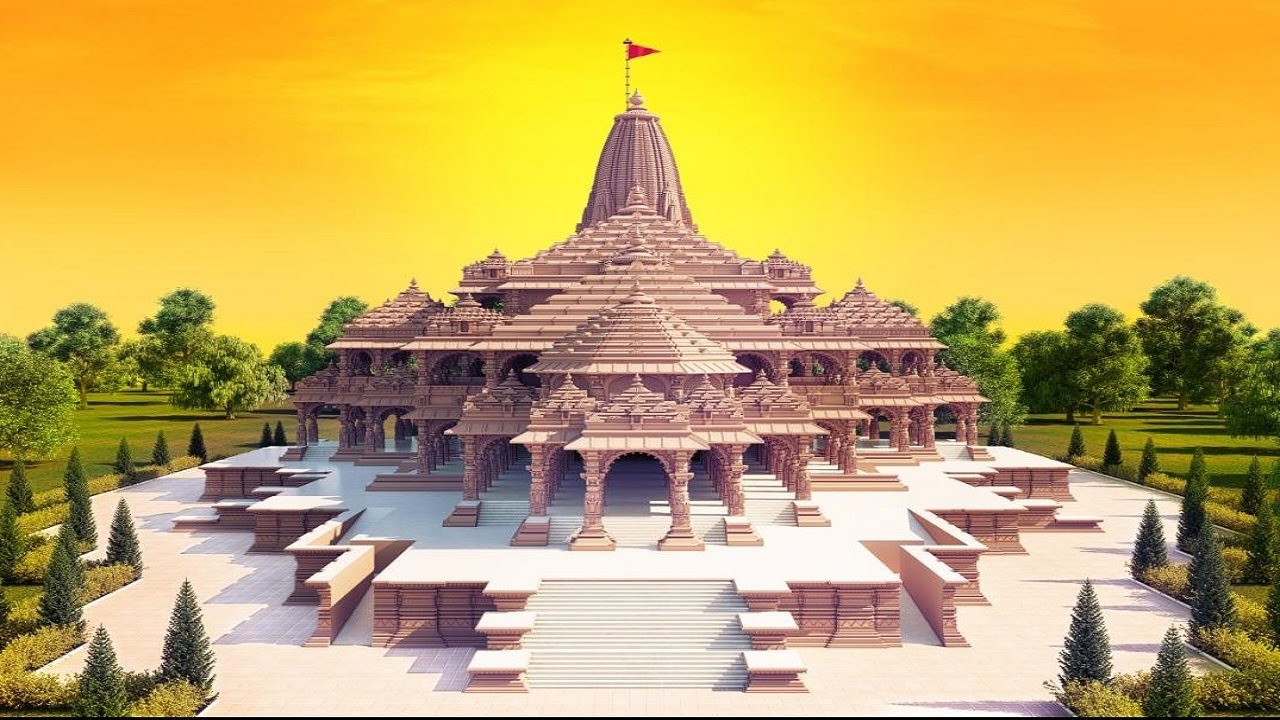
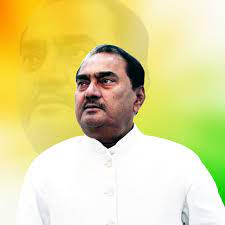
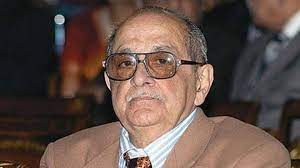
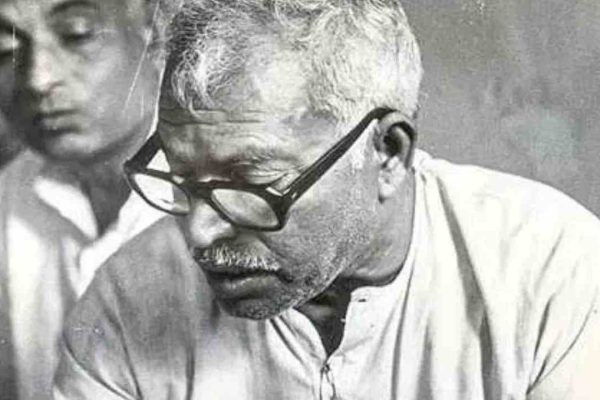






Comments (0)